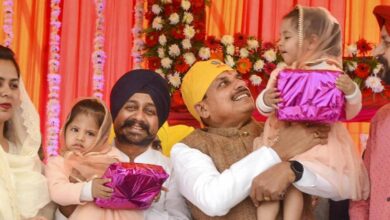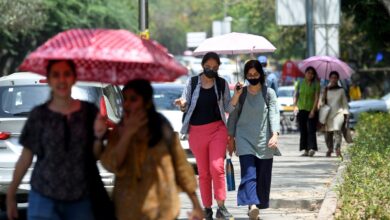Ulama board mandates parents’ presence for interfaith weddings

The All-India Ulama Board has asked qazis to conduct interfaith weddings only in the presence of the couple’s parents, the board’s president said on Monday, a move prompted a state law that, while not prohibiting interfaith marriages, subjects them to greater scrutiny.The decision was taken as interfaith weddings that parents oppose are affecting peace and harmony in Madhya Pradesh, board president Qazi Syed Anas Ali Nadvi said. Qazis are magrates in the Islamic tradition.Till January 31, 57 cases were filed over interfaith marriages in Madhya Pradesh under a law passed on January 9 last year. The law provides for a maximum imprisonment up to 10 years for luring and forcing a person to convert.“A letter has been written in this regard to all qazis to solemnise inter-religious marriages only in the presence of parents of both man and woman. In the letter, I have written that it is not permissible to get married without the consent and presence of the parents,” Nadvi said. “It is necessary that at the time of regering the marriage, the necessary documents should be checked. Marriage should be done only after being satisfied with authenticity of the documents.”The purpose of marriage shouldn’t be only conversion, he said.“We are receiving complaints that people of two different religions are getting married secretly, which is unnecessarily creating tension. It is not right to change religion for marriage.”Action will be taken against qazis who violate the order because such action is not only insulting Islam but also against the “Ganga-Jamuni tehzeeb (a reference to composite Hindu- Muslim culture),” he said.Ishrat Ali, qazi of Indore city, said he was not regering interfaith marriages after enactment of the MP Freedom of Religion Act. “According to Islam, any adult man and woman can marry each other in the presence of any two witnesses. The presence of parents is not necessary,” he pointed out.Madhya Pradesh is among the Bharatiya Janata Party ruled states that have criminalised what is termed as forced religious conversion, including through interfaith marriages, which right wing organisations term love jihad. Critics of the legislation say the law is being misused to target minorities and tends to infantilize women to prevent them from choosing whom they wish to marry.





